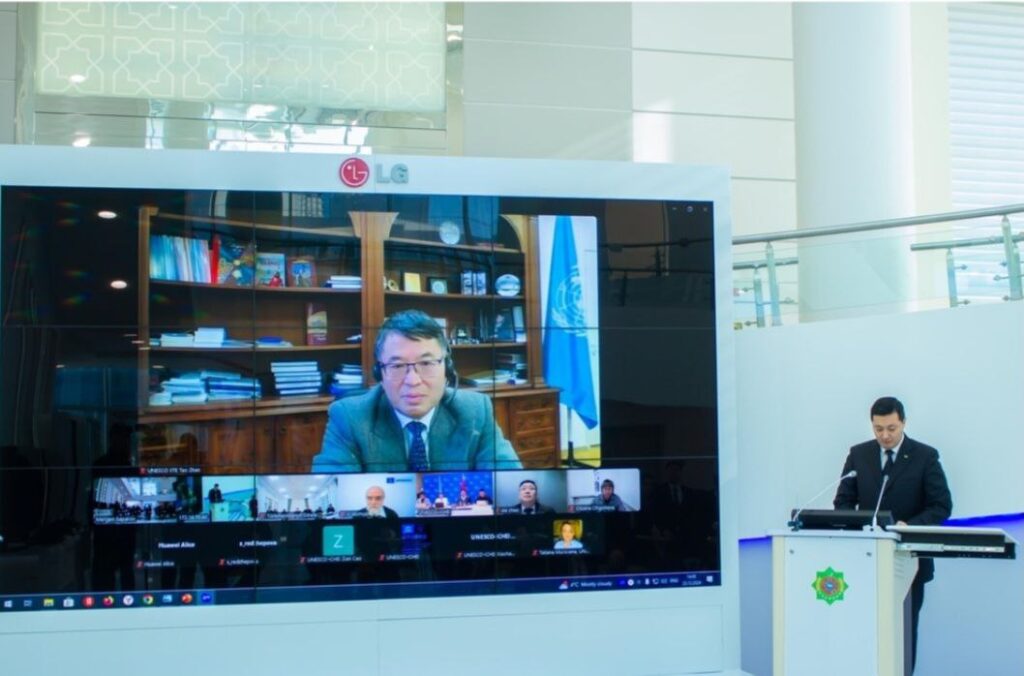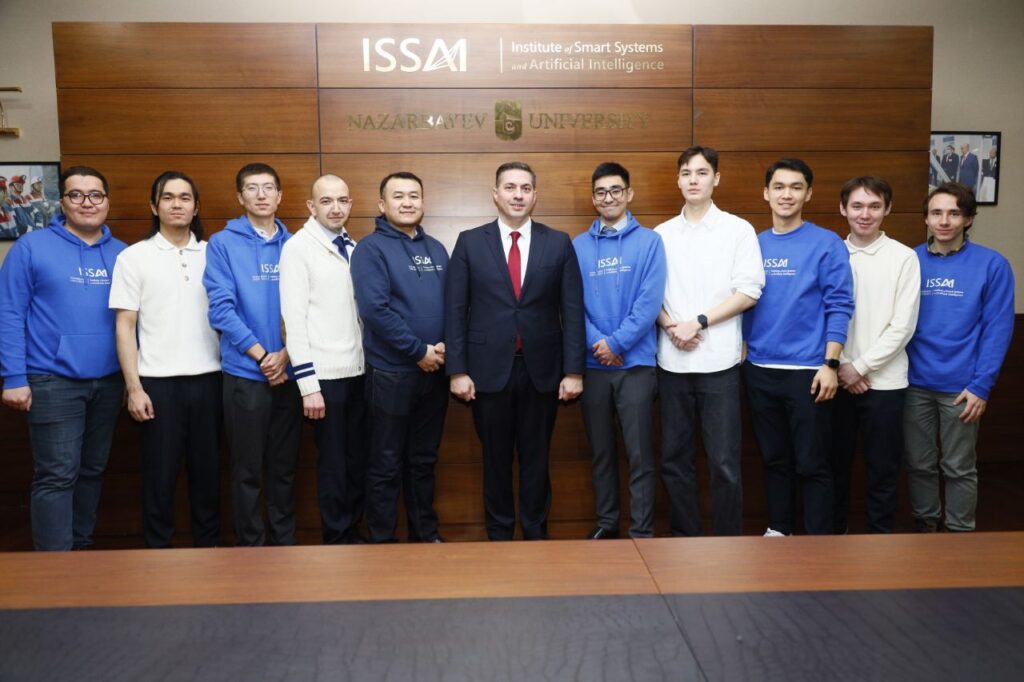Dr. Atakan Varol: Kazakhstan Should Play an Active Role in Shaping the Future of AI
The Times of Central Asia spoke with Dr. Hussein Atakan Varol, a professor of robotics and PhD in electrical engineering, who serves as General Director of the Institute of Smart Systems and Artificial Intelligence (ISSAI) at Nazarbayev University (NU). Dr. Varol discusses ISSAI’s research initiatives, the role of artificial intelligence (AI) in Kazakhstan, and the country's potential to lead in AI innovation. ISSAI’s Mission and Collaborations TCA: What is the mission of ISSAI, and what are its key focus areas? Varol: At ISSAI, our mission is to conduct cutting-edge AI research and develop practical, impactful solutions that benefit Kazakhstan and the broader global community. We specialize in large-scale generative AI models, speech recognition, computer vision, and AI infrastructure. Our goal is to establish sovereign AI capabilities in Kazakhstan, minimizing dependence on external technologies while maintaining a strong ethical foundation. All our research adheres to principles of "AI for Good" and "AI for Kazakhstan," ensuring that developments remain responsible and socially beneficial. TCA: How does ISSAI collaborate with the public sector, private companies, and international organizations? Varol: We actively engage with government agencies, local businesses, and global AI research institutions. Our partnerships focus on AI model development, data collection, and deploying AI-driven solutions. Access to computational resources remains a key challenge, and we collaborate strategically to secure the infrastructure needed to scale AI projects in Kazakhstan. Notable Projects and Local Impact TCA: What are some of ISSAI’s most promising current developments? Varol: A highlight is SoyleApp, which provides real-time speech recognition, text-to-speech, and multilingual translation. It has vast potential in education, public services, and cross-language communication. We’ve also developed the Mangitas 01 Inference Server, a vital step for Kazakhstan’s AI ecosystem. In the absence of AI supercomputers, we built Mangitas 01 using commercial off-the-shelf components, allowing local deployment of AI models with enhanced data security. We’re now working on expanding this line to support our Oylan language-vision model, paving the way for more advanced multimodal AI applications. TCA: Have ISSAI’s solutions been successfully implemented in Kazakhstan? Varol: Yes. SoyleApp is being integrated into governmental and enterprise systems to improve accessibility for Kazakh-speaking users. Mangitas 01 serves as a prototype for local AI infrastructure, enabling organizations to operate AI systems within Kazakhstan, enhancing both data protection and performance. TCA: How does the local context influence your AI development? Varol: Kazakhstan’s linguistic and cultural diversity demands AI systems capable of understanding and producing content in Kazakh, Russian, and other regional languages. We've created tailored datasets and models to meet these needs. Moreover, the country's limited AI infrastructure has led us to focus on efficient and scalable solutions like Mangitas 01. [caption id="attachment_31080" align="aligncenter" width="1600"] Dr. Atakan Varol; image: NU.edu[/caption] The Future of AI and Kazakhstan’s Role TCA: How do you see AI evolving over the next 5-10 years? Varol: The next leap is toward multimodal and sparse generative models that handle text, images, and audio simultaneously. With proper investment, Kazakhstan can contribute meaningfully to this frontier. We’re also exploring edge AI, which enables...






